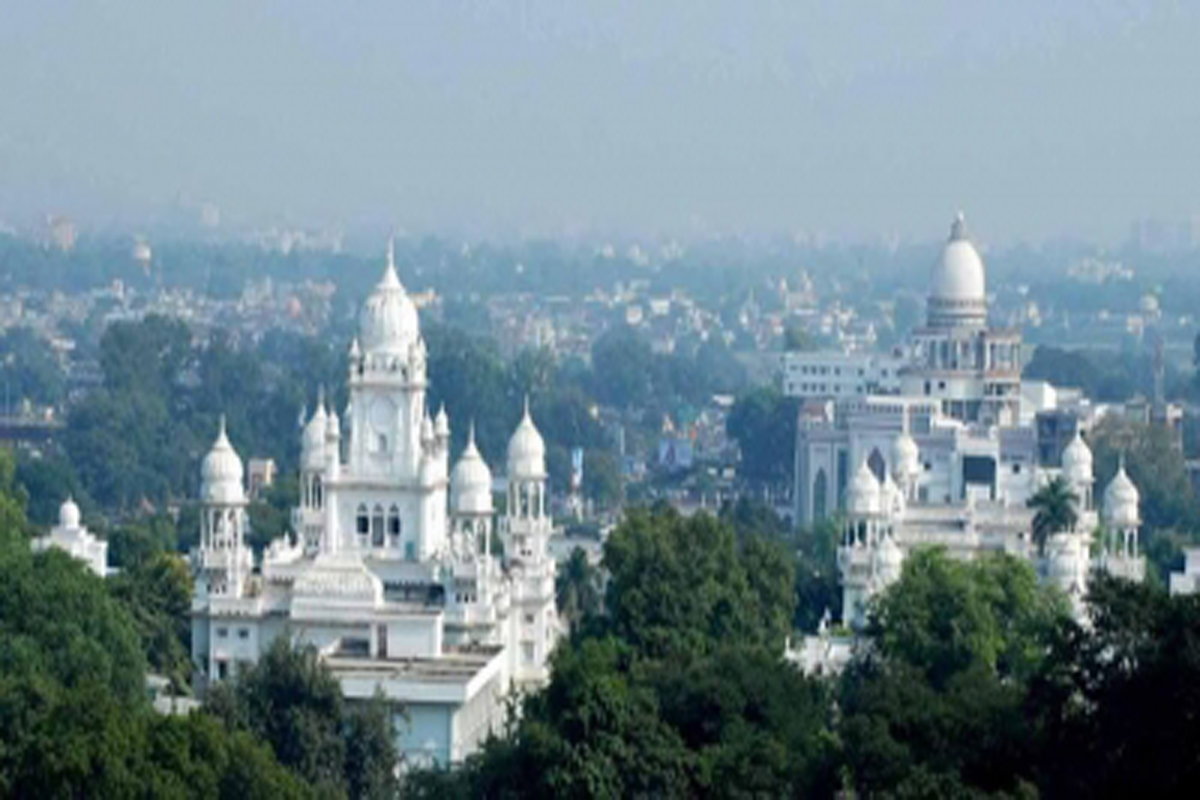India’s 1st, world’s 5th night safari to debut in Lucknow by Dec 2026: Yogi
Uttar Pradesh Chief Minister Yogi Adityanath, on Tuesday, said that UP will gift the country its first night safari by December 2026.
The programme will help save hundreds of lives per year by retrieving organs from brain dead patients for transplant into those whose organs have failed. It would also enlighten the lives of visually challenged people through cornea transplants and help those suffering from skin cancer and severe burn injuries.

Photo: IANS
The King George’s Medical University (KGMU) in Lucknow is set to revive its Cadaveric Multi-Organ Donation (CMOD) programme in a full-fledged manner.
The programme will help save hundreds of lives per year by retrieving organs from brain dead patients for transplant into those whose organs have failed. It would also enlighten the lives of visually challenged people through cornea transplants and help those suffering from skin cancer and severe burn injuries.
The KGMU trauma centre, on average, records 1-2 brain deaths daily.
Advertisement
Most of these patients are victims of accidents. Several organs, including two kidneys, two lungs, liver, heart, pancreas, intestines, corneas, and skin tissues among others can be retrieved from a body.
KGMU Vice Chancellor, Lt Gen Prof Bipin Puri (retd), who has taken the initiative to revive the CMOD programme, said: “As a first step to revive the programme, the university will organise awareness workshops from Tuesday for its faculty members and paramedic staff in casualty and critical care departments. They will be sensitised about what constitutes ‘brain death’ and about steps that need to be followed thereafter so that organ retrieval can be performed.”
The counselling team will also be strengthened and training will be given to convince families of the brain-dead patients to agree to organ donation of the deceased.
Further, he said, a committee will also be set up to coordinate among departments for the smooth roll-out of the programme. This committee will also ensure that CMOD is done in compliance with the guidelines of the National Organ and Tissue Transplant Organisation and the State Organ and Tissue Transplant Organisation.
Cadaver donations can only be done when a patient is declared brain dead after 2 consecutive apnea tests, six hours apart. The apnea test is a mandatory examination for determining brain death as it provides an essential sign of definitive loss of brainstem function.
CMOD was started in KGMU by the department of surgical gastroenterology in 2016.
The department has conducted 30 CMODs. About 24 livers were sent to Delhi-based institutions and 58 kidneys to the SGPGIMS for transplant. Corneas were used for transplant by KGMU’s ophthalmic department.
At present, the majority of the kidney and liver transplants in UP are taking place through live donations.
Advertisement